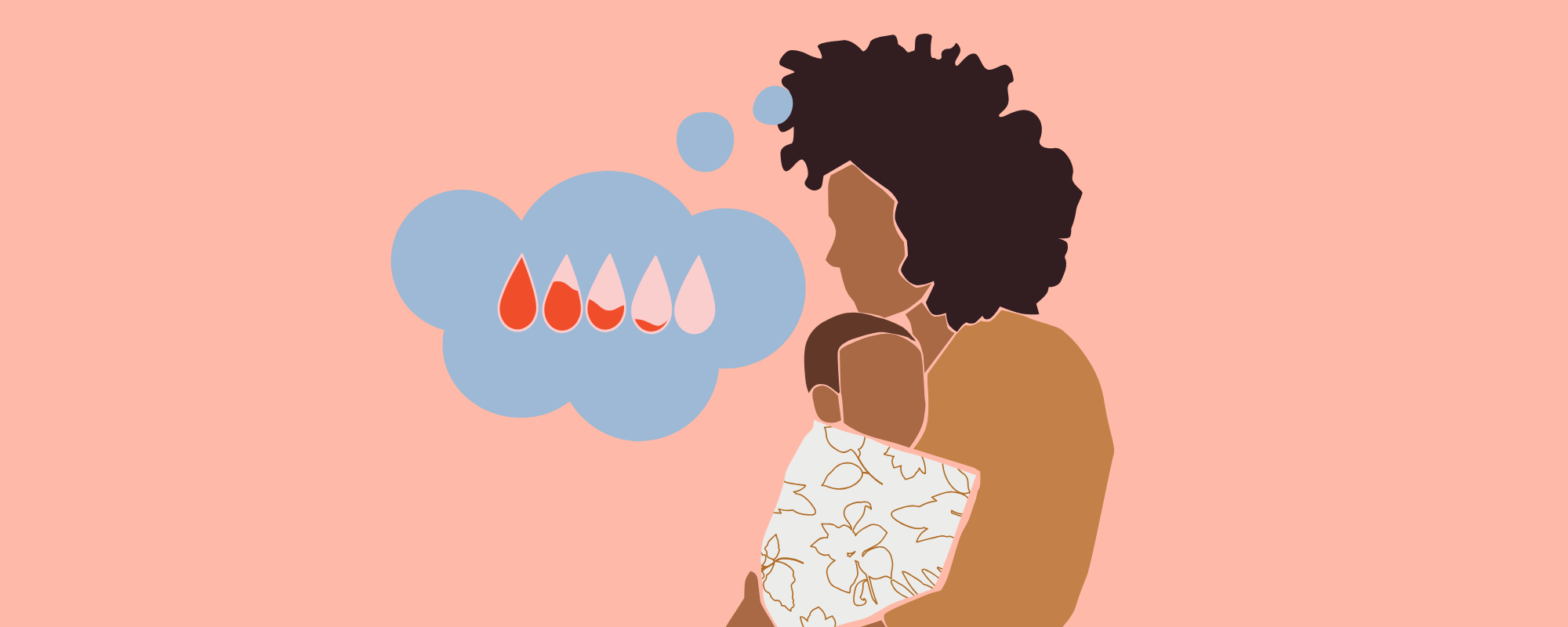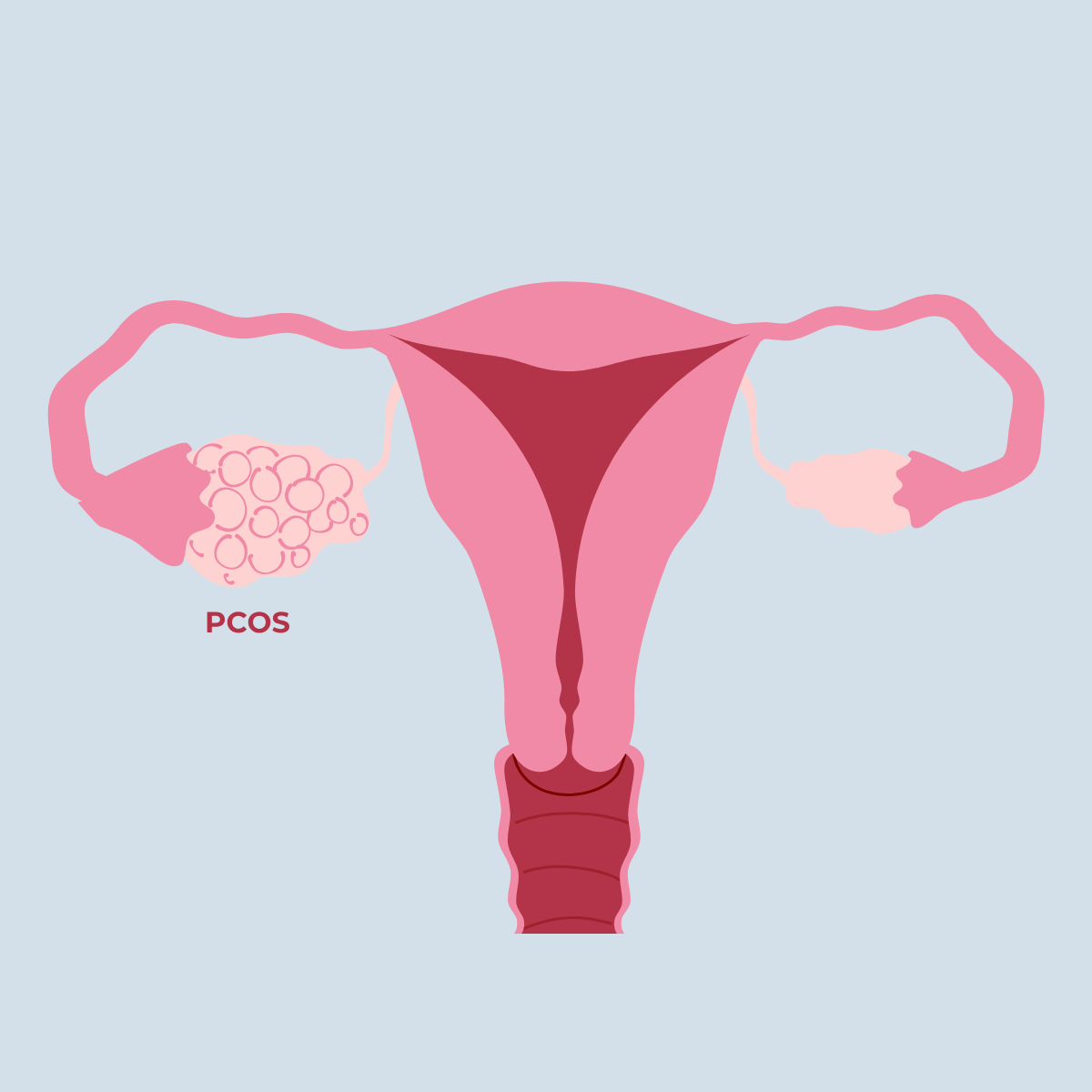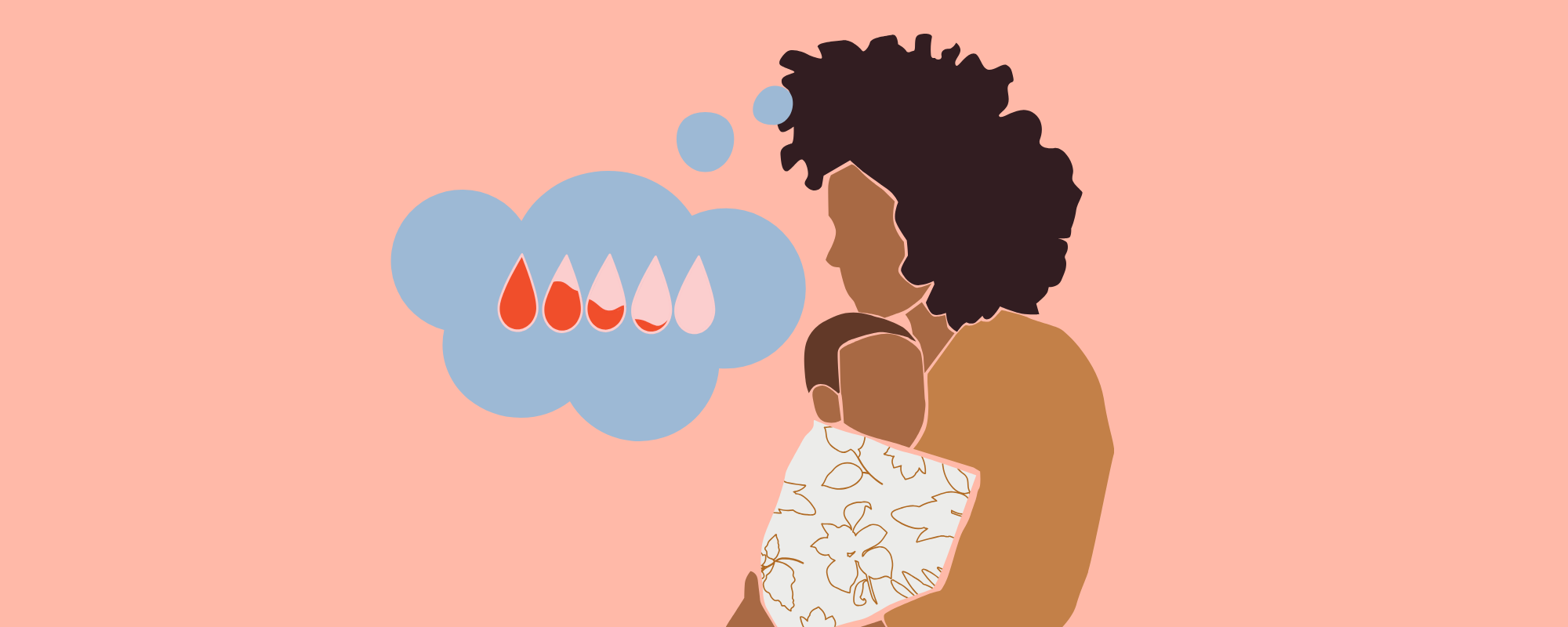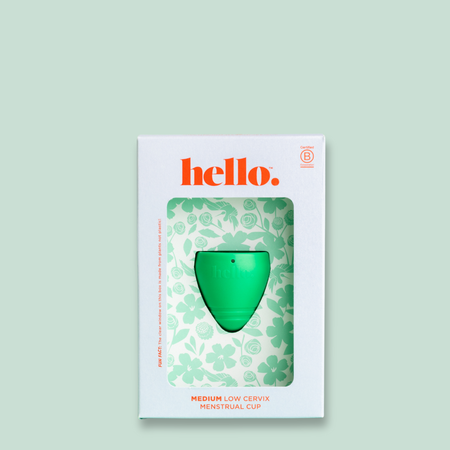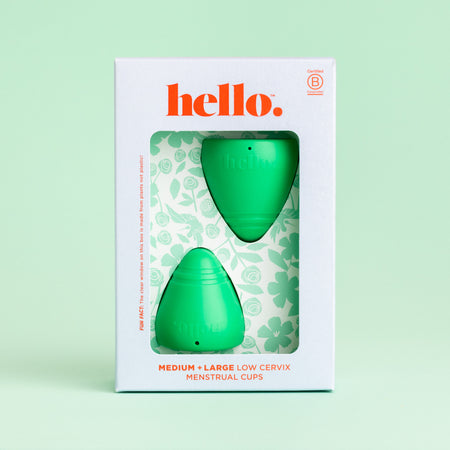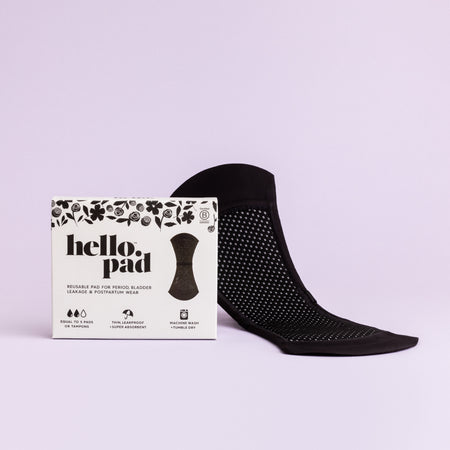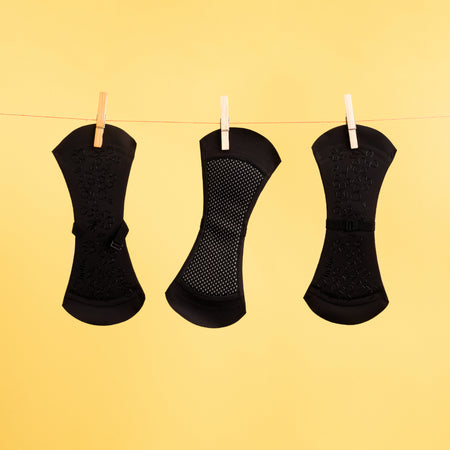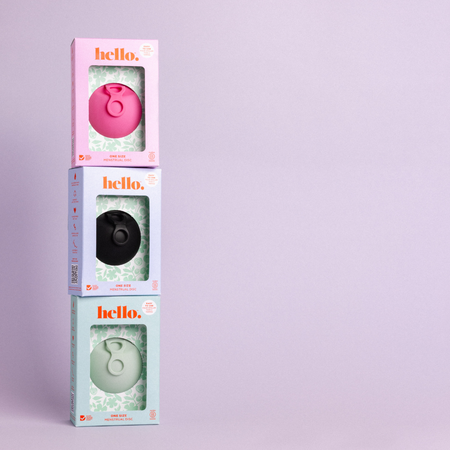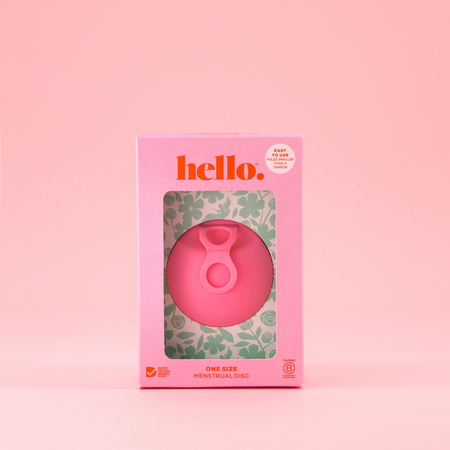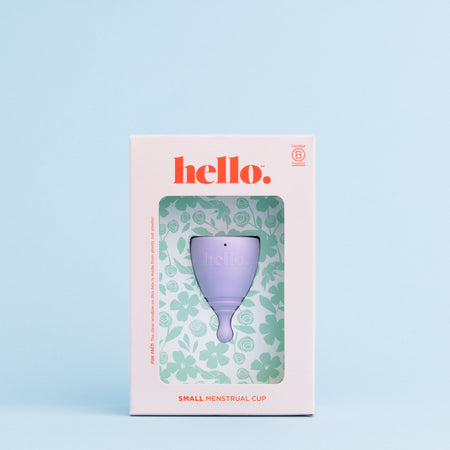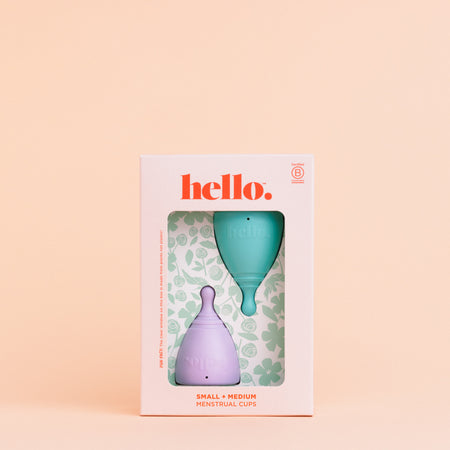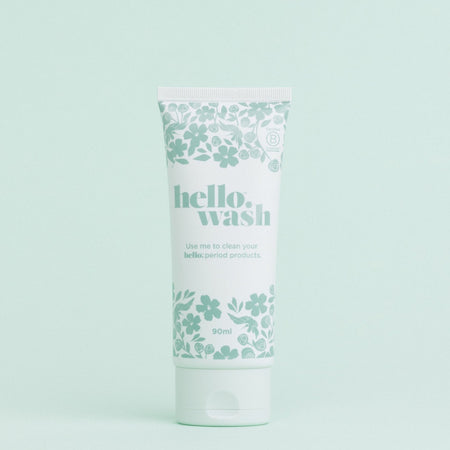For many, one of the joys of pregnancy is not having a period. But Aunt Flo will be back and, when she arrives, she might be unrecognisable from her former self.
Whether you had a vaginal delivery or a C-section, your body has been through a lot and when your period returns will depend on a number of factors. For some, it will come back within a few weeks while for others, it can take many months - or even longer.
So What Determines When Your Period WIll Return After Birth?
One of the factors is often whether you’re breastfeeding or not.
If you're exclusively breastfeeding, it might be several months (or even over a year) before your period returns because the hormone that supports milk production, prolactin, suppresses ovulation.
“If a mother is breastfeeding full-time and hasn’t introduced solids or bottles, she may not see a period until she reduces or stops feeding altogether,” explains Dr. Lauren Streicher, OB-GYN and Clinical Professor at Northwestern University Feinberg School of Medicine (Healthline, 2022).
On the other hand, if you’re formula feeding or combining breast and bottle, your period may return as early as 5 - 8 weeks postpartum.
Is postpartum bleeding the same as your period?
No. What you experience right after birth is called lochia and it’s not technically a period. Lochia is a mix of blood, mucus, and uterine tissue that your body sheds after delivery. However, it can resemble a period in terms of what comes out but it will usually last for 4 to 6 weeks, tapering from bright red to brown or yellow over time.
Your first ‘real’ period happens after your body starts ovulating again.

What will your first postpartum period be like?
As we said, be prepared for it to be a bit different. Here are three of the key changes you might notice:
-
Heavier or more intense: Your first few periods might be heavier than you’re used to, especially if you had a vaginal delivery. Blood clots and strong cramps are common but if you are worried - keep your doctor or lead maternity carer informed.
-
Longer cycles or irregular timing: It’s totally normal for things to be out of whack for a while. Your hormones are still recalibrating.
-
More painful: Just what you needed, right? After childbirth, some report their cramps are suddenly more intense which is often related to uterine contractions (called secondary dysmenorrhea).
“It can take up to a year for your cycle to return to what it was pre-pregnancy—or it might never go back to exactly the same,” says Dr. Mary Jane Minkin, Clinical Professor of Obstetrics at Yale University (Parents, 2023).
What’s not normal?
See a healthcare provider if:
-
You’re soaking through more than one pad per hour.
-
Your bleeding lasts longer than 10 days.
-
You notice a foul smell or signs of infection.
-
You haven’t gotten a period a few months after stopping breastfeeding.
And remember: you can get pregnant before your first period if you’ve started ovulating again so don’t rely on the absence of a period as a sign you’re in the clear.
Tips to manage your postpartum period
Your first few periods may be uncomfortable, so it helps to be prepared.
✅ Try reusable period products: Period underwear or reusable pads can offer comfort and higher absorbency while being gentle on your recovering body - and look a hell of a lot nicer that the postpartum nappies / diapers they hand out on the maternity ward.
✅If your period has returned heavier - a Hello Disc or Hello Cup will hold more than tampons so will give you more time in your day. If you have any stitches or postbirth complications, always check with your doctor that it’s okay to go back to internal period products.
✅ Track your cycle: Use a period tracking app or journal to get a sense of how your new cycle is behaving. It will provide you with helpful information that you can share with your doctor or specialist if you need to.
✅ Don’t forget to hydrate and rest: Your body is still recovering. Go easy on yourself.
✅ Talk to your doctor if you have any questions or concerns: Especially if you’re considering contraception or dealing with irregular cycles.

The bottom line
Postpartum periods are different for everyone. Whether yours returns at six weeks or six months, there’s no “normal” - just a range of experiences shaped by your hormones, feeding choices, and your body’s natural rhythms.
Your period might be heavier. It might be later. It might be a total no-show while breastfeeding. But whatever the case, it’s a sign your body is healing and adapting to its new normal. And as always, if something doesn’t feel right, trust your gut and speak to your healthcare provider.
References:
-
Healthline. “Postpartum Period: What You Should Know.”
-
Parents Magazine. “Your First Period After Pregnancy: What to Expect.”
